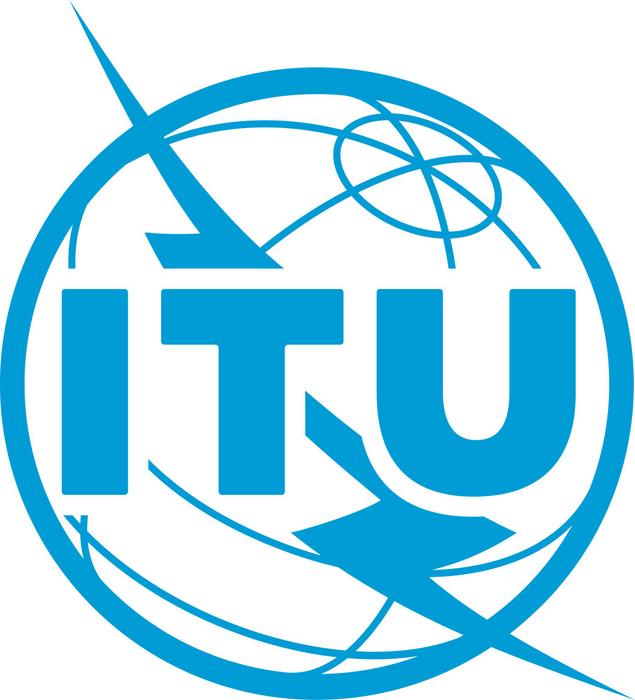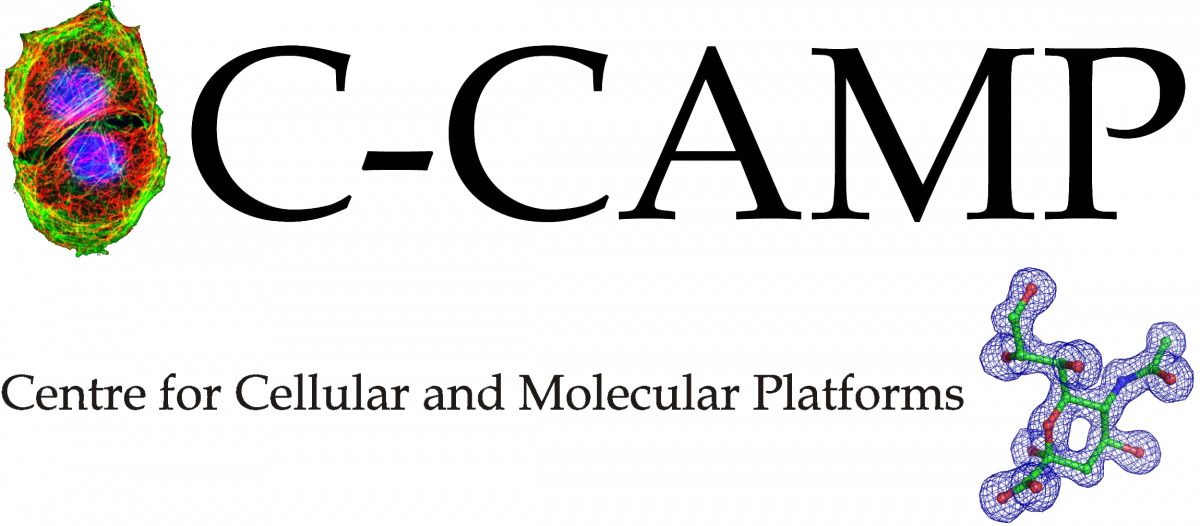Stories written with AI assistance have been found to be more creative, better written, and more enjoyable.
A new study published in the journal Science Advances reveals that AI enhances creativity by increasing the novelty of story ideas and the ‘usefulness’ of stories—meaning their ability to engage the target audience and potential for publication.
The study indicates that AI “professionalizes” stories, making them more enjoyable, more likely to have plot twists, better written, and less boring.
In an experiment with 300 participants tasked with writing a short, eight-sentence ‘micro story’ for a target audience of young adults, researchers found that AI helped those deemed less creative to produce work that was up to 26.6% better written and 15.2% less boring.
However, AI did not significantly enhance the work produced by more creative writers.
The study also cautions that while AI may boost individual creativity, it could lead to a loss of collective novelty, as AI-assisted stories were found to be more similar to each other and less varied.
Researchers from the University of Exeter Business School, the Institute for Data Science and Artificial Intelligence, and the UCL School of Management assigned the 300 study participants to three groups: one group had no AI help, a second group could use ChatGPT to provide a single three-sentence starting idea, and the third group could choose from up to five AI-generated ideas for their inspiration.
They then recruited 600 people to judge the stories, assessing them for novelty—whether the stories did something new or unexpected—and ‘usefulness’—how appropriate they were for the target audience and their potential for development and publication.
They found that writers with the most access to AI experienced the greatest gains in creativity, with their stories scoring 8.1% higher for novelty and 9% higher for usefulness compared to stories written without AI.
Writers who used up to five AI-generated ideas also scored higher for emotional characteristics, producing stories that were better written, more enjoyable, less boring, and funnier.
The researchers evaluated the writers’ inherent creativity using a Divergent Association Task (DAT) and found that more creative writers—those with the highest DAT scores—benefited least from generative AI ideas.
Conversely, less creative writers saw a greater increase in creativity: access to five AI ideas improved novelty by 10.7% and usefulness by 11.5% compared to those who used no AI ideas. Their stories were judged to be up to 26.6% better written, up to 22.6% more enjoyable, and up to 15.2% less boring.
These improvements put writers with low DAT scores on par with those with high DAT scores, effectively equalizing creativity across the less and more creative writers.
The researchers also used OpenAI’s embeddings application programming interface (API) to calculate how similar the stories were to each other.
PRESS RELEASE – University of Exeter







